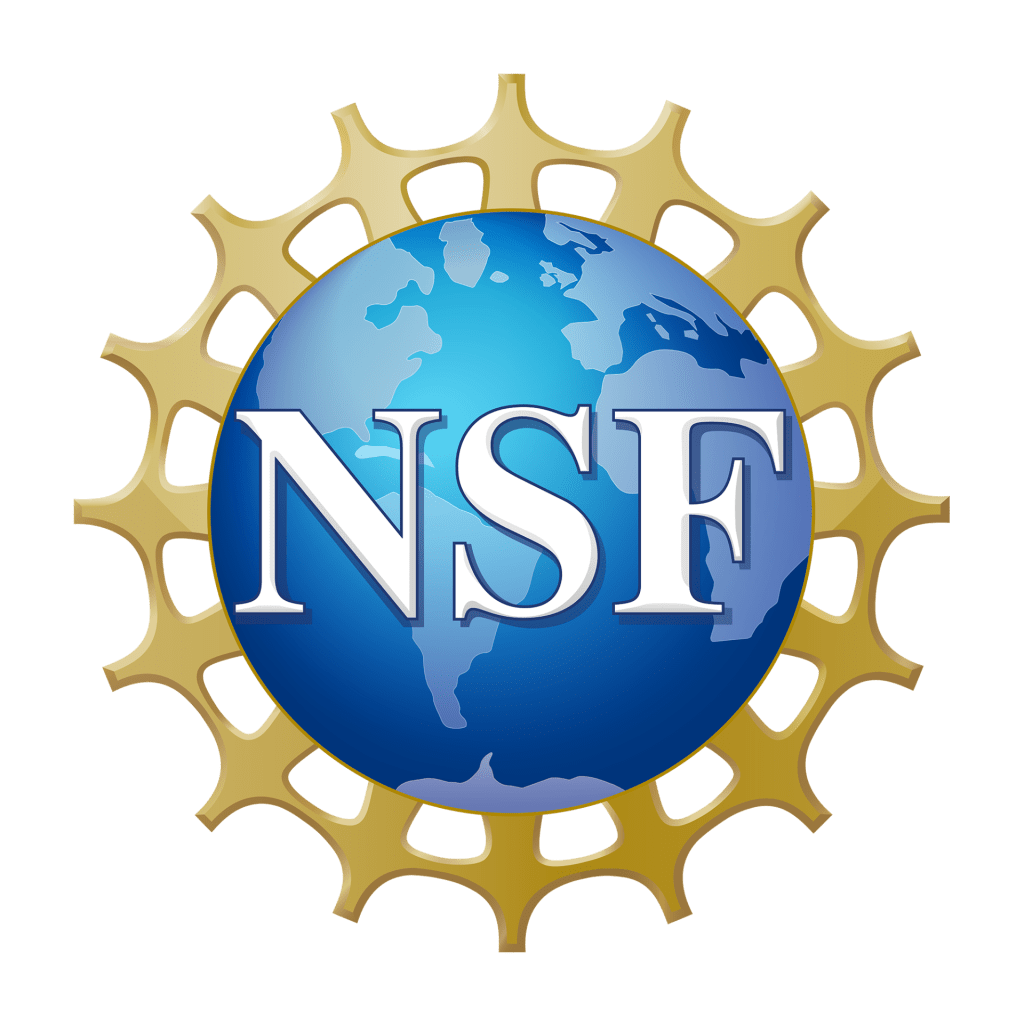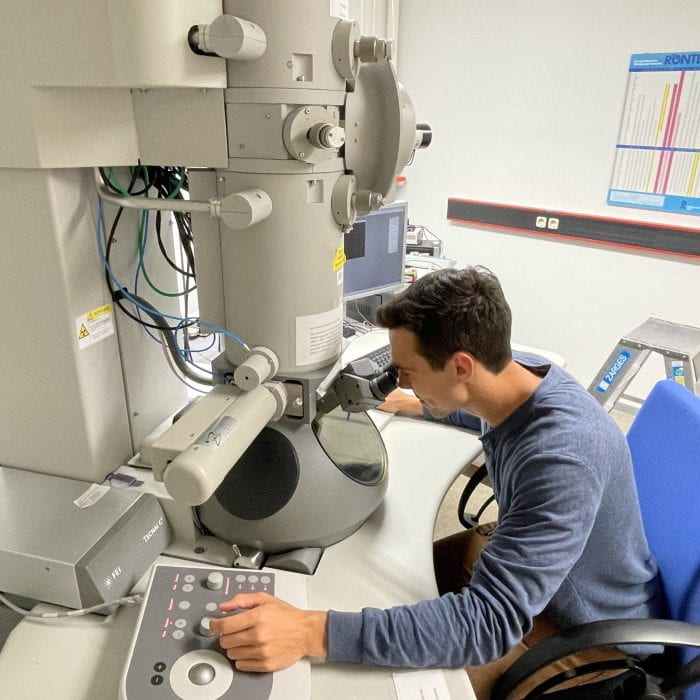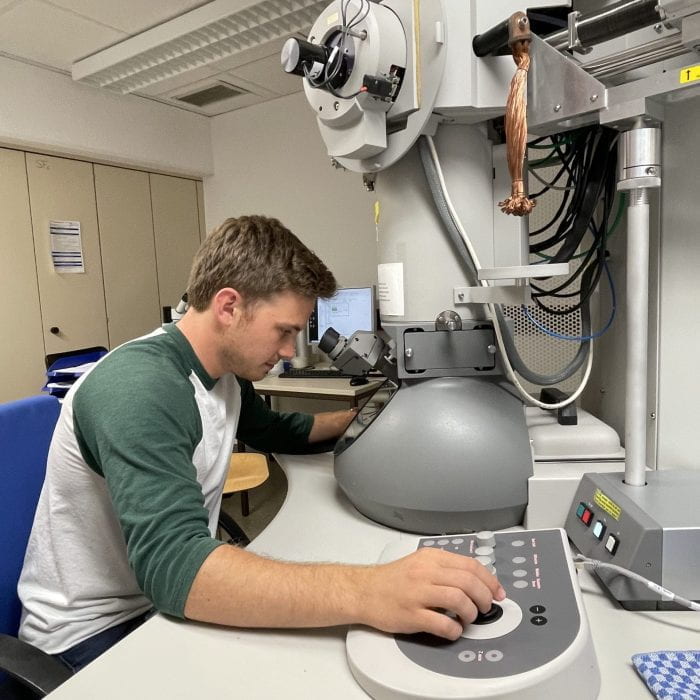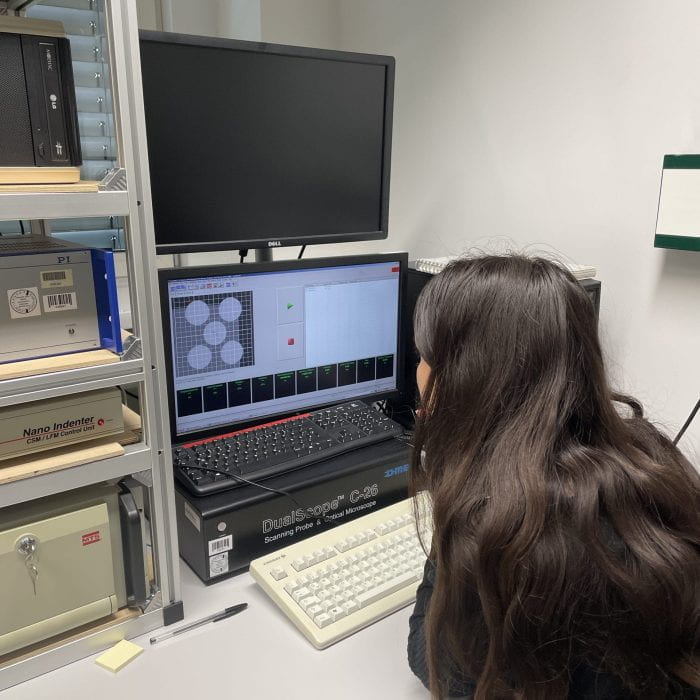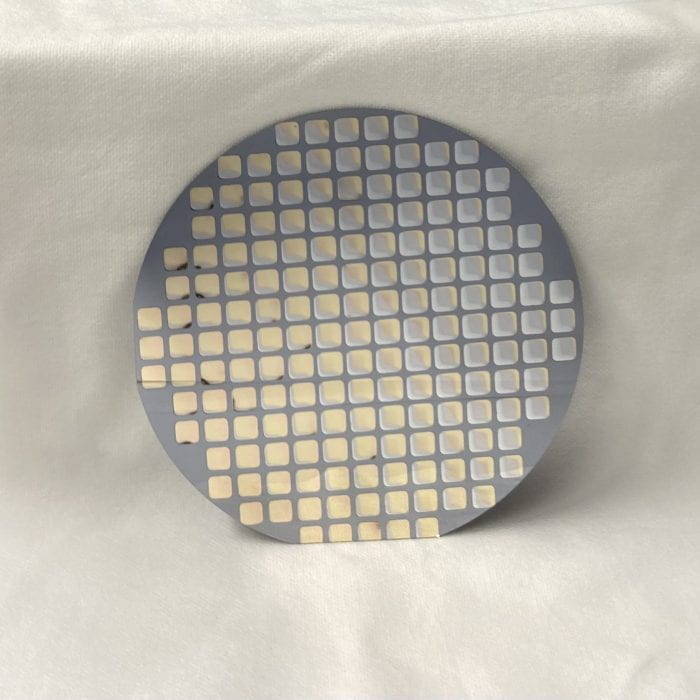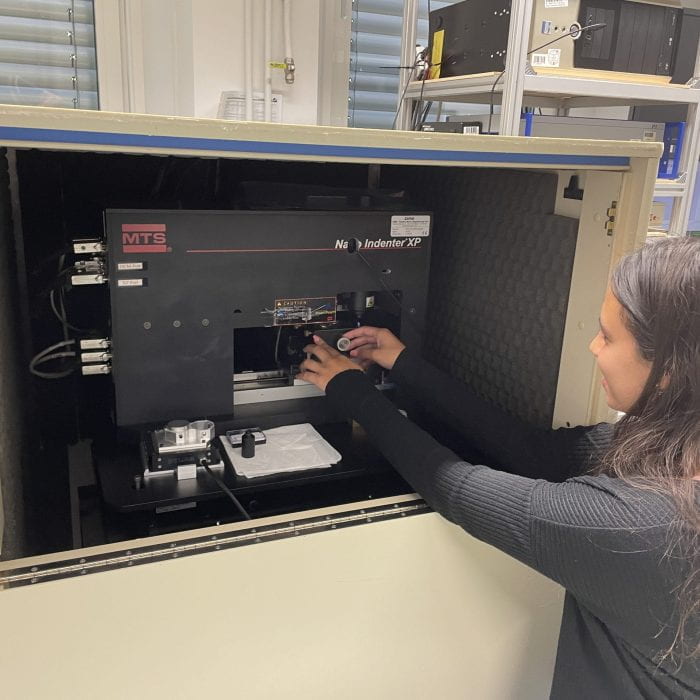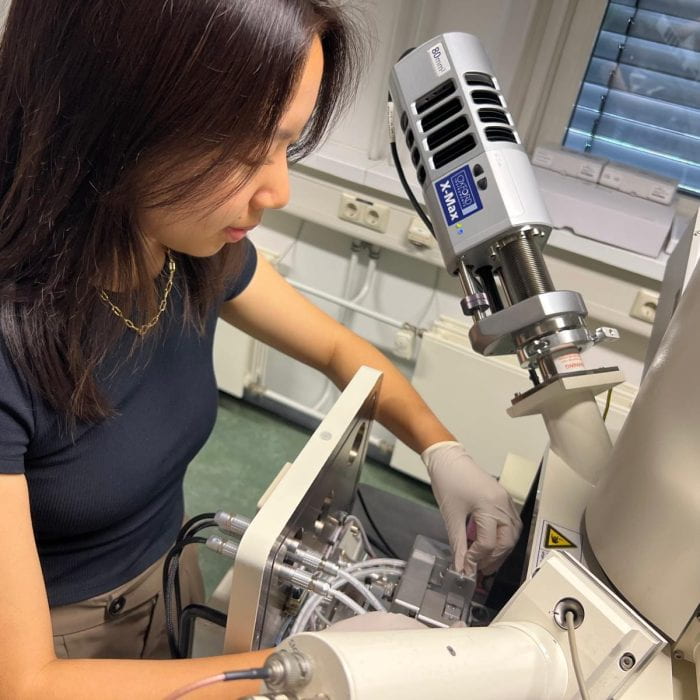
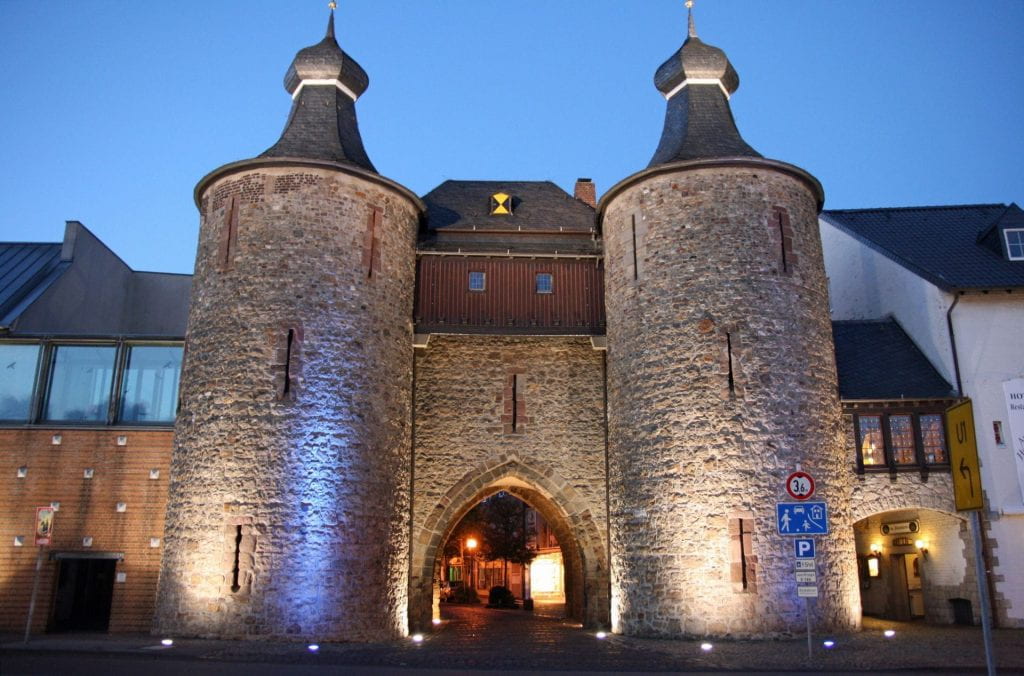
Essential Components of this International Research Experience for Students (IRES)
Are you passionate about exploring innovative research on materials for sustainable energy technologies within the context of climate and environmental protection? Do you wish to gain invaluable international experience while collaborating with renowned scientists from the University of Southern California (USC) and Forschungszentrum Jülich (FZJ) in Germany? If so, you might be an ideal candidate for this IRES!
Funded by the National Science Foundation (NSF), this program equips both graduate and undergraduate students for global research. The project emphasizes the development of innovative engineered materials boasting enhanced properties and behaviors, promoting efficient and sustainable energy solutions. Key areas include design-processing-property relationships of materials for high-temperature applications, electrochemical storage, and clean energy generation – all crucial for global climate and environmental protection. A long-term scientific goal of this proposal entails developing and optimizing new materials for efficient energy technologies.
Program features
The program features a 8-10 week summer research experience at FZJ, one of Europe’s largest interdisciplinary research centers. Here, students will be mentored by experienced researchers from both USC and FZJ. The research theme, “Materials for Energy and Sustainability,” is reinforced by collaborations with two elite institutes at FZJ: the “Institute of Energy and Climate Research” and the “Institute for Advanced Simulation.”
The program covers a competitive stipend, international travel (including airfare, ground transportation, and international health insurance), and lodging in Germany during the research program.
Eligibility
- U.S. citizenship or permanent resident status
- Undergraduate or graduate full-time student at USC or a partner institution
- Minimum GPA of 3.0
Undergraduate students: Students entering their junior year and having a GPA > 3.0/4.0 are eligible to apply. Students will be required to work in a research lab for up to 160 hours prior to their visit to Germany in training related to their research project at FZJ. Total program length is 8 weeks: 4 weeks preparation at USC and 4 weeks at FZJ.
Graduate students: Students must have passed their screening exam (typically after second year), be formally admitted to the USC PhD program and must be working in a materials and/or energy related field. Total program length is 10 weeks: 4 weeks preparation at USC and up to 8 weeks at FZJ.
Application Process
Applications for the summer 2024 cohort will open in fall 2023. To apply for this unparalleled opportunity, you can contact the program directors, Prof. Andrea Hodge, at ahodge@usc.edu or Prof. Paulo Branicio at branicio@usc.edu.
Underrepresented minorities, women, first-generation/low-income students are highly encouraged to apply. Seize this opportunity to advance your research skills and discover a new country while contributing to a sustainable future!
FZJ: A German Beacon of Scientific Progress, Featuring IEK and IAS
Forschungszentrum Jülich (FZJ) is one of the largest interdisciplinary research centers in Europe. With its commitment to innovation, collaboration, and cutting-edge research, FZJ is playing a crucial role in shaping the future of science and technology. Founded in 1956 in Jülich, Germany, FZJ initially focused on nuclear research. Today, it specializes in energy, information, and life sciences. Students in this IRES will research at two FZJ institutes: the Institute of Energy and Climate Research (IEK) and the Institute of Advanced Simulation (IAS).
Two Key FZJ Research Areas:
- Energy and Climate: FZJ is dedicated to finding sustainable solutions to combat climate change and ensure a reliable energy supply. Research in this area encompasses renewable energy technologies, energy storage solutions, nuclear safety, and climate modeling. The Institute of Energy and Climate Research (IEK) plays a critical role in this domain, focusing on the development and integration of sustainable energy systems, studying the impact of energy technologies on the environment, and advancing research in atmospheric and climate sciences.
- Information and Data Science: FZJ researchers are working to harness the potential of digital technologies and high-performance computing. The center’s expertise in this field ranges from developing advanced algorithms to creating user-friendly software and hardware for scientific applications. The Institute of Advanced Simulation (IAS) is a key player in this area, conducting research in fields like computational sciences, data analytics, and computer architectures. IAS develops advanced simulation techniques, pushing the boundaries of scientific discovery and fostering collaboration between various scientific disciplines.
FZJ is a shining example of what can be achieved through interdisciplinary collaboration and a commitment to innovation. Featuring institutes like the IEK and IAS, FZJ continues to pave the way for a brighter and more sustainable future. By focusing on the critical challenges of our time, FZJ remains at the forefront of scientific knowledge and progress.
Program Funding and Goals
This NSF-sponsored IRES program (Award #2106597) aims to prepare underrepresented science and engineering students for global research through an international collaboration between USC and FZJ, with a focus on materials for energy technologies and sustainability. In line with NSF’s goal of developing a diverse workforce, the program aims to recruit underrepresented students and offer unique training, mentoring, and networking opportunities. The partnership with elite German institutes bolsters the research theme and encourages long-term international collaborations.
